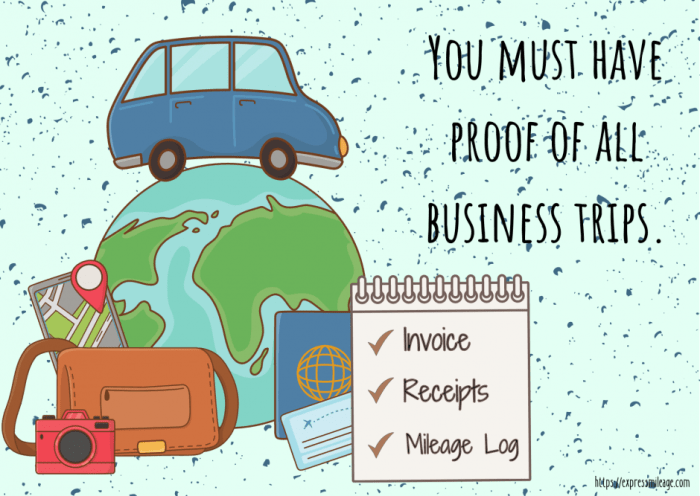If you plan to keep your mileage within 12000 – If you plan to keep your mileage within 12,000 miles annually, this guide provides comprehensive insights into selecting the right vehicle, adopting fuel-efficient driving habits, ensuring proper maintenance, understanding financial considerations, and aligning your lifestyle to minimize mileage. Embark on this journey to optimize your vehicle ownership experience and maximize its longevity.
Vehicle Selection

Choosing a vehicle that aligns with your mileage needs is crucial. For individuals planning to keep their annual mileage within 12,000 miles, selecting a fuel-efficient and low-maintenance vehicle is essential. Consider models known for their reliability, such as the Honda Civic, Toyota Corolla, or Hyundai Elantra.
These vehicles offer a combination of fuel efficiency, affordability, and minimal maintenance costs.
Fuel Efficiency and Maintenance Costs
Fuel efficiency plays a significant role in minimizing mileage. Look for vehicles with high EPA-estimated fuel economy ratings. Additionally, consider the cost of regular maintenance, including oil changes, tire rotations, and brake inspections. By choosing a vehicle with low maintenance requirements, you can further reduce your mileage-related expenses.
Driving Habits
Fuel-efficient driving techniques can significantly reduce mileage. Maintain a steady speed, avoid aggressive acceleration and braking, and use cruise control whenever possible. Route planning and traffic avoidance are also crucial. Choose routes with minimal congestion and consider using navigation apps to find the most efficient paths.
Public Transportation and Carpooling
Incorporating public transportation or carpooling into your routine can further minimize mileage. Public transportation systems often provide reliable and cost-effective alternatives to driving. Carpooling with colleagues or neighbors can reduce the number of vehicles on the road, leading to lower mileage and reduced emissions.
Vehicle Maintenance: If You Plan To Keep Your Mileage Within 12000

Regular vehicle maintenance is essential for extending vehicle life and reducing mileage. Adhere to the manufacturer’s recommended maintenance schedule for oil changes, tire rotations, and other essential tasks. Preventative maintenance, such as replacing worn-out parts before they fail, can minimize unexpected repairs and costly breakdowns.
Financial Considerations
Owning a vehicle that exceeds 12,000 miles annually can incur significant costs compared to staying within the limit. Fuel expenses, maintenance costs, and depreciation all contribute to the overall cost of ownership. By keeping your mileage within 12,000 miles, you can potentially save hundreds or even thousands of dollars annually.
Impact on Resale Value, If you plan to keep your mileage within 12000
Mileage is a key factor influencing a vehicle’s resale value. Vehicles with lower mileage tend to command higher prices in the used car market. Maintaining your mileage within 12,000 miles can help preserve the value of your vehicle and potentially fetch a higher return when it’s time to sell.
Lifestyle Factors

Lifestyle factors can significantly impact mileage. Commuting distance and frequency are key considerations. If possible, choose a residence close to your workplace or consider alternative commuting options to reduce mileage. Additionally, consolidating errands and trips can minimize unnecessary driving.
Mileage Needs and Lifestyle Choices
It’s important to consider mileage needs when making lifestyle choices. For example, if you anticipate a long daily commute or frequent road trips, choosing a fuel-efficient vehicle and incorporating fuel-saving habits is essential. By carefully aligning your lifestyle with your mileage goals, you can effectively manage your mileage and save money.
FAQ Summary
What are the key factors to consider when choosing a vehicle for low mileage?
Fuel efficiency, maintenance costs, and suitability for your driving needs are crucial factors to evaluate.
How can I improve my fuel efficiency while driving?
Adopt fuel-efficient driving techniques such as smooth acceleration, maintaining optimal speed, and anticipating traffic conditions.
What is the recommended maintenance schedule for vehicles with low mileage?
Follow the manufacturer’s recommended maintenance schedule, including regular oil changes, tire rotations, and inspections.
How does mileage affect the resale value of a vehicle?
Higher mileage generally reduces resale value, but well-maintained vehicles with low mileage retain their value better.